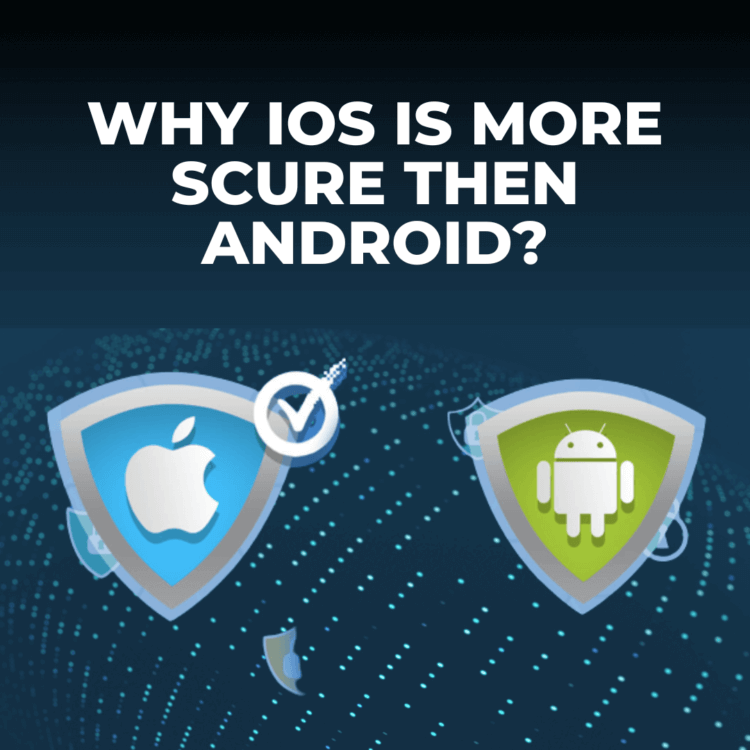iOS is often considered more secure than Android due to several factors, although it’s important to note that the security landscape is complex and can change over time. Here are some reasons why iOS is often perceived as more secure:
1. App Store Review Process:
Apple has a strict review process for apps submitted to the App Store. This review process is designed to catch malicious or potentially harmful apps before they are made available to users. While this can lead to a more controlled ecosystem, it also means that Apple has more control over what apps are allowed on iOS devices.
2. Limited App Installation Sources:
iOS primarily allows users to install apps only from the official App Store, reducing the chances of users unknowingly installing malicious apps from third-party sources. This contrasts with Android, which allows users to install apps from sources other than the Google Play Store, potentially exposing them to more security risks.
3. Timely Software Updates:
Apple has historically been able to push out software updates to its devices more quickly and uniformly than many Android manufacturers. This means that security vulnerabilities and bugs can be patched more swiftly on iOS devices.
4. Fragmentation:
Android is used on a wide range of devices from various manufacturers, leading to device fragmentation. This can make it harder to push timely security updates to all devices. In contrast, Apple controls both the hardware and software of its iOS devices, which allows for a more streamlined update process.
5. Permissions Model:
iOS has a more granular permissions model that requires apps to ask for user permission to access certain features or data. While Android also has permissions, iOS’s approach tends to give users more control over their data and privacy.
6. Hardware Integration:
Apple’s tight integration between hardware and software allows for more security features. For instance, the Secure Enclave chip in iOS devices provides a hardware-based foundation for encryption and other security-related operations.
7. End-to-End Encryption:
Apple has emphasized end-to-end encryption in its messaging and FaceTime apps, meaning that only the sender and recipient of messages can access the content, making it more difficult for third parties to intercept communication.
It’s important to note that while iOS has these security advantages, no operating system is completely immune to security threats. Android has also made significant strides in improving its security posture with features like Google Play Protect and Project Mainline. Additionally, user behavior and practices also play a crucial role in overall device security.










No Comments
Leave Comment